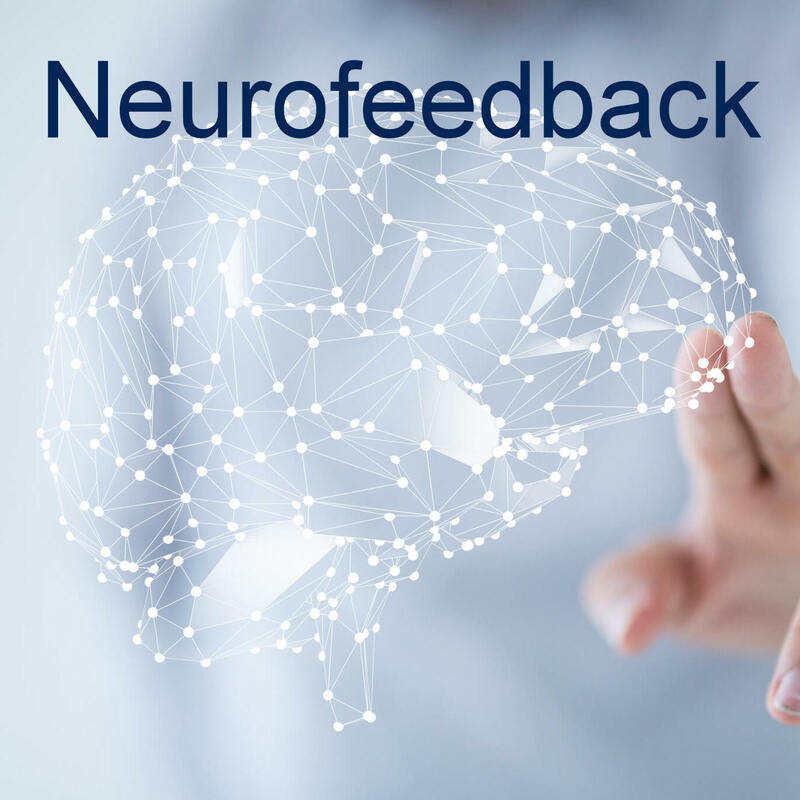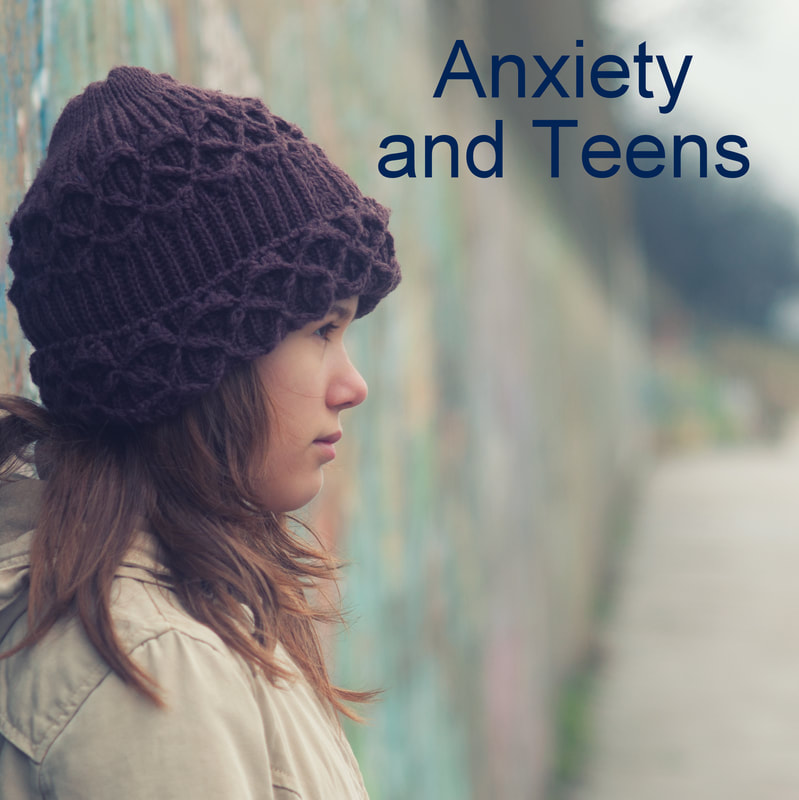|
by Melissa Marconi, LMSW What is Reassurance Seeking? We all have days in our lives when we need extra support. Our loved ones can lift us up when we need encouragement or provide feedback when we are working through a problem. Sometimes just the sound of someone’s voice can give us comfort. Social connection is invaluable and is linked to lowered depression and anxiety symptoms and improved overall health and well-being. However, sometimes we start to rely on these loved ones (safety persons) and this can lead to problems. Though we may find short term relief, it actually increases our need for more reassurance. Not only will we seek reassurance from other people but we also seek self reassurance. Examples of this can include checking and rechecking that the stove is off or mentally reviewing conversations to see if we said something inappropriate or checking our body repeatedly for physical symptoms.
Hyperfocusing on these physical symptoms can lead to research-reassurance which can involve googling illnesses. When research does not provide us with relief, we might start seeking reassurance from doctors. If we decide that we can’t trust these doctors completely, we will go back to our loved ones to find out what they think. This is how the vicious cycle begins. How to Decrease Reassurance Seeking. In the long term, seeking reassurance actually worsens anxiety. We start to believe that we can’t handle the uncertainty on our own so we use our safety persons or our mental compulsions to avoid the discomfort. We are not allowing ourselves the opportunity to accept uncertainty and problem solve on our own. We end up spending a lot of our time preoccupied with trying to get rid of all the unpleasant emotions connected to uncertainty. The more we make decisions on our own, the more confident we become and we are less likely to seek reassurance from others. One way we can start to change reassurance seeking behavior is to evaluate how helpful our current behavior is. Are we putting too much energy into checking and reassurance? Do we need to decrease, postpone, or eliminate some behaviors in order to develop a healthier response to discomfort and uncertainty? If you are having a hard time differentiating between healthy vs. unhealthy reassurance seeking behaviors, experts at the Anxiety Disorder Center, St. Louis Behavioral Medical Institute created this excellent worksheet called Information Seeking vs. Reassurance Seeking that can be used as a guide (see below). Remember, It is normal to feel discomfort while trying out new behaviors but the more we do it, the easier it becomes and we will grow more confident, independent, and empowered as a result! See the worksheet here: https://iocdf.org/wp-content/uploads/2016/04/18-Information-seekers-vs-reassurance-seekers.pd
0 Comments
Leave a Reply. |
Archives
October 2023
Categories
All
|


















